ARTICLE AD BOX
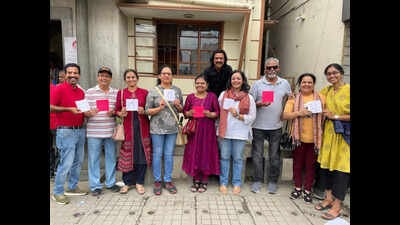
Students of Makaranda's Kannada class during a team outing
The transition from Kannada gothilla to nange Kannada gothu can be a delightful one, with many wanting to learn the language out of choiceAt a packed Tate Modern in London in May this year, the iconic lines Jenin holeyo, halin maleyo, sudheyo, Kannada savi nudio (river of honey, a rain of milk, and sweet ambrosia), penned by the legendary C Udayashankar resonated.
Quoting the song from the movie Chalisuva Modagalu, translator Deepa Bhasthi, who translated Banu Mushtaq's International Booker Prize-winning Hridaya Deepa (Heart Lamp), hoped the recognition would translate into greater interest in her 'beautiful language' Kannada, which is one of the oldest languages in the world.
The interest in the language has been on the rise for a while. Amidst language fanatics, people who refused to embrace the language and social media antics, the switch from Kannada gothilla to nange Kannada gothu is telling. In a city of pulsating contrasts, where technology meets culture and Americano coexists with filter kaapi, a lot of people who call the state their home have embraced the language. It didn’t happen overnight; the shift started decades ago. Janakam R, was born and raised in the cultural hub of Tiruchirappalli in Tamil Nadu. At the age of 26, she moved to Bengaluru after marriage. Her husband, a multifaceted professor, is a Tamilian by birth, but fluent in all aspects of Kannada.
But it wasn’t him who initially helped Janakam. “I didn’t know a word of Kannada when I moved here. I was learning the language slowly and often switched to English at work. A few months after I moved here, a customer in the bank where I worked shouted at me for not knowing Kannada. I didn’t take offence to it, instead worked on learning Kannada,” said the 65-year-old. Back in the 1980s, in the non-technology era, Janakam made the effort to speak Kannada with colleagues and shopkeepers and even learnt the alphabet and can now read Kannada. “It took me a year to be able to speak proficiently. I had to make the effort because this was home and the language of the land,” she added. Makaranda, a Kannada learning platform, has been teaching Kannada for free for the past three years. They are also associated with the Bangalore Apartments’ Federation and have reached out to a wider audience. A key member of the group, who wanted to remain anonymous, said, "There is a mini India in every apartment and we wanted to take the language to homes and hearts, not by force but by choice.
The three-month free course comprising 24 hours of classes has been successful, because people are keen to learn.” In three years, 1500 people have been certified through the course and enrolments have exceeded 6,000. The interest is not just among people who want to learn, but also among those who want to teach. The volunteers include doctors, scientists, engineers, lawyers and housewives and are based across the world. “It is our way of giving back to our roots. If people are willing to embrace Karnataka and its culture, which includes the language, we are more than happy to facilitate,” said a volunteer. Shivani Panigrahi, a mother of two, learnt Kannada in the past year, some 14 years after moving to the city.
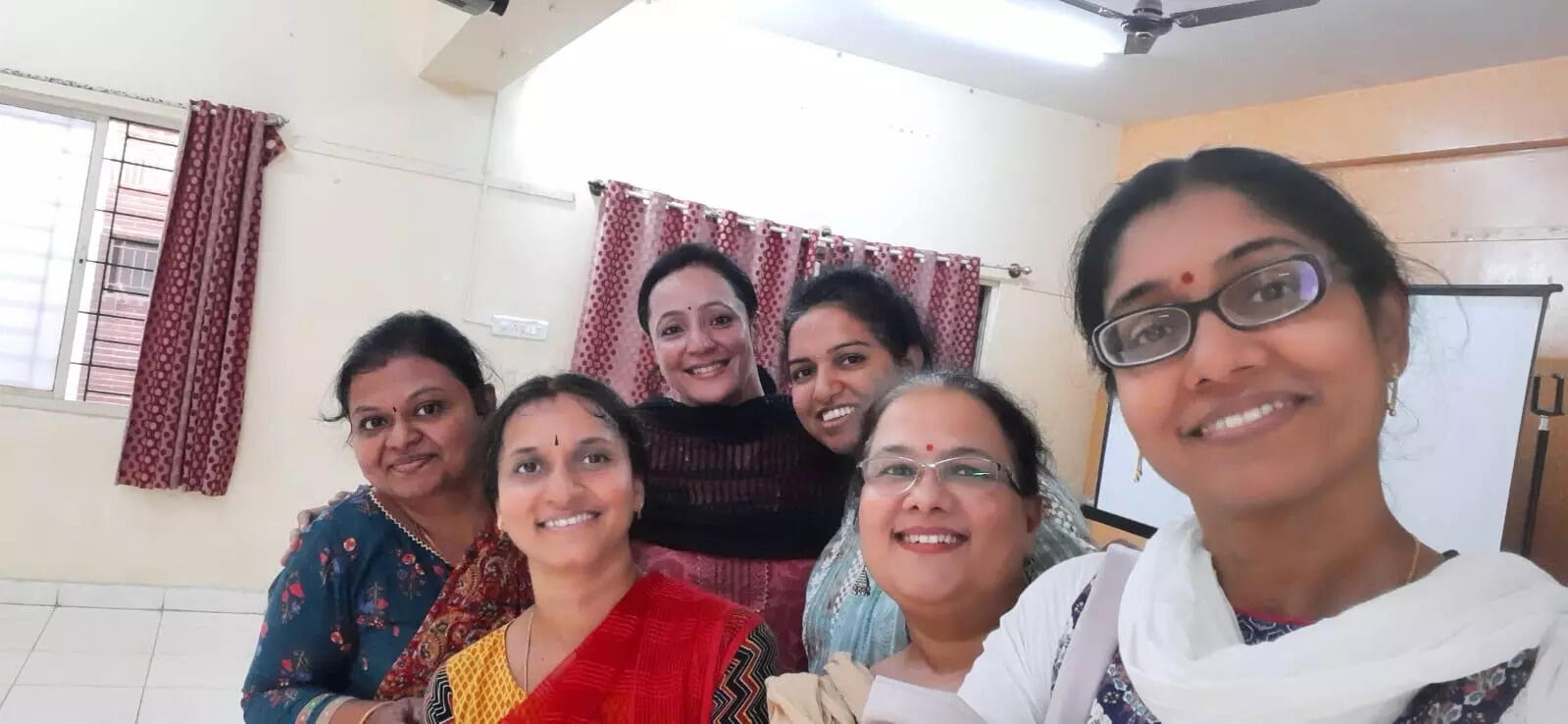
Shivani Panighrahi (second from right) with fellow Kannada learners
“When my children were younger, I would ask their Kannada tuition teacher to teach me along with them, but with the difference in age group, I couldn’t pick up much,” said the former HR professional. But when the opportunity came by, I didn’t want to miss out. “The experience of learning has been fun. From quizzes to dumb charades and interactions, learning has been fun. We even go and watch movies in Kannada now,” she added. Santosh Agarwal, who can read and write Kannada as well, said, “Nobody should force people to learn a language or respect a culture. It should come from within. I wanted to learn the language because I call the place home, have bought property and built my life in the city.
I cannot selectively embrace home. It has to be a wholehearted effort.”Learning Kannada through music and communityRadhakrishnan V, a retired assistant director from GST Intelligence in Mumbai discovered a passion for Kannada after relocating to Bengaluru three years ago.A resident of Prestige Falcon City in Konankunte Cross, he began learning the language through classes organised in his apartment complex and by studying song lyrics.
His biggest hurdle was finding Kannada karaoke tracks with English lyrics. Undeterred, he joined a weekly karaoke group of more than 25 active singers.The group stages performances on Karnataka Rajyotsava Day and on the birth centenaries of Dr Rajkumar and Puneeth Rajkumar. Encouraged by his friends who correct his pronunciation and provide English translations, Radhakrishnan has sung more than a dozen Kannada songs.
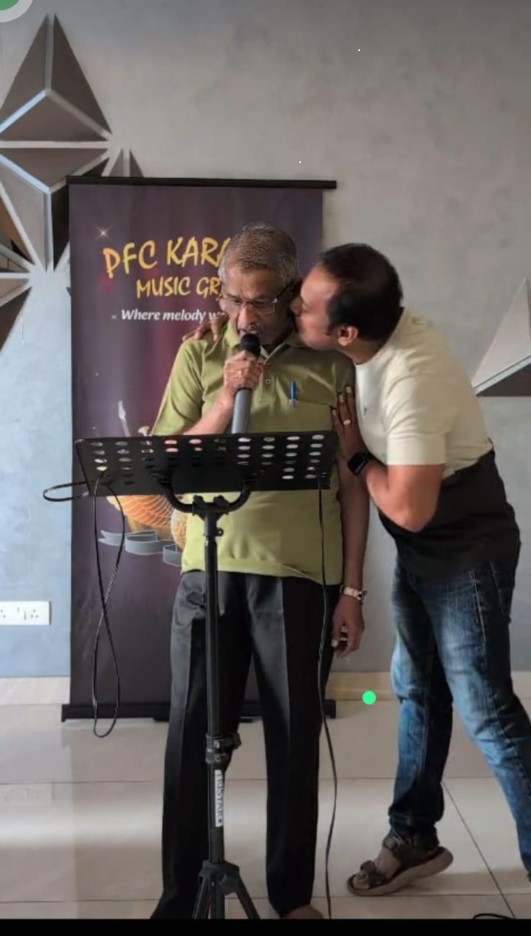
Guruprasad, a singer in his group captures every song that he sings, including ‘ide naadu, ide baashe’, his personal favourite. When Radhakrishnan sang a song in Kannada recently, Guruprasad was overwhelmed with joy, and planted a kiss on his cheek.VOICE BOXI learnt Kannada out of love and not compulsion because the beauty of Bengaluru is that people are willing to adjust and speak a language you know. Having lived in the city for 15 years, I realised that to understand the nuances of the culture and fit in, Kannada is the key.
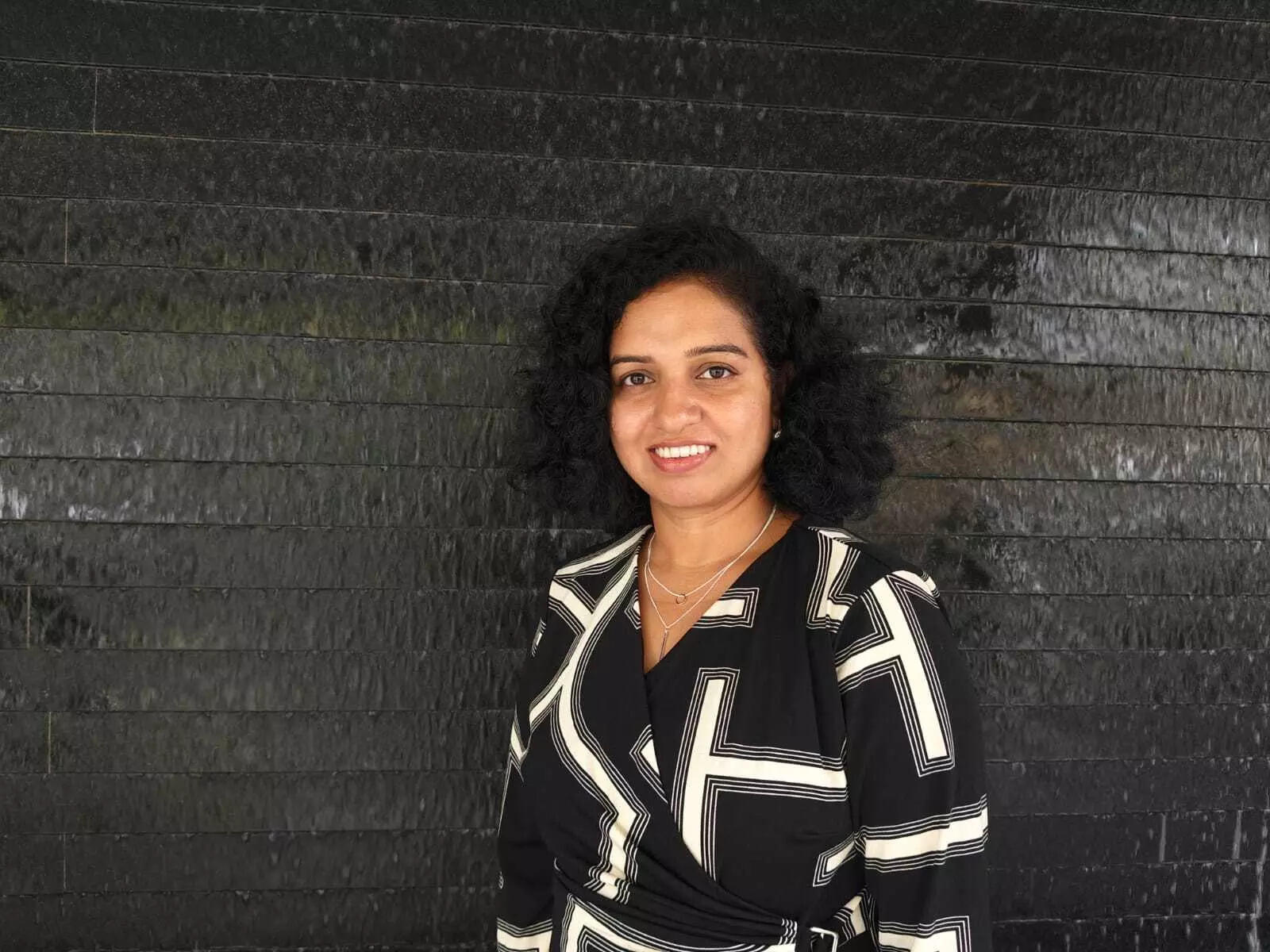
When people settle abroad in countries like China, Japan and Germany, they learn the language because in some places, it is mandatory. Then, what stops them from learning the language here? Haritha Nandamuri, | HomemakerIt is very necessary to integrate with the local culture and diversity. I wanted to learn Kannada because I've always been inclined towards diversity. Worldwide, when you meet someone from Karnataka and speak in Kannada, it gives you an instinctive connection, and you feel like they are your own.
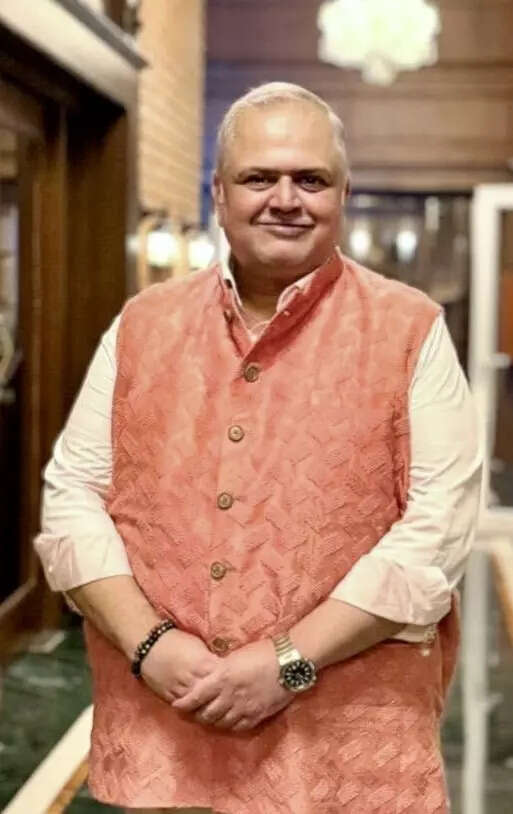
Knowing the local language also helps in connecting with the place culturally. It makes you feel more at home. Harsh Vardhan | Entrepreneur

 2 days ago
3
2 days ago
3








 English (US) ·
English (US) ·